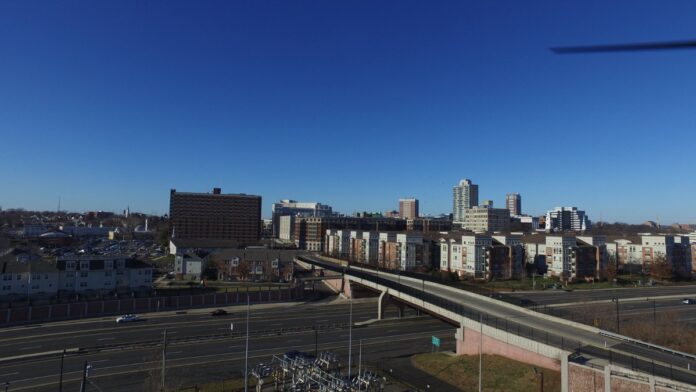On September 25, 2024, Middlesex County hosted a lively event at the well-known State Theatre New Jersey.
At the event, Choose New Jersey teamed up with economic development officials from various counties. And they discussed how arts and culture can boost the economy and improve communities.
Speakers included Middlesex County Commissioner Director Ronald G. Rios, Administrator John A. Pulomena, Economic Development Department Head Sandy Castor, and Wesley Mathews, President and CEO of Choose New Jersey.
They all shared how Middlesex County has embraced the arts as a major part of its identity and growth over the years.
Commissioner Rios talked about how, in 2015, Middlesex County set up the Cultural and Arts Trust Fund.
Since then, this fund has helped the county invest in arts programs and improve cultural spaces.
While other places cut back on the arts, Middlesex County stayed dedicated, which has helped it become a leading force in the arts.
To the county, arts and culture aren’t extras—they’re at the heart of the community and the local economy.
Administrator Pulomena discussed how Middlesex County is a place where creativity and new ideas come together.
He also talked about the importance of collaborating with public and private partners to keep the county moving forward.
Wesley Mathews from Choose New Jersey explained how arts and culture can drive economic growth.
And he’s not wrong; investing in the arts does more than make communities vibrant; it creates jobs, brings in new businesses, and encourages innovation.
Middlesex County is setting an example for other places, showing that creativity and economic success can go hand-in-hand.
Not to mention, the event had panel discussions and workshops led by Lindsay Erben, Director of the Middlesex County Arts Institute.
Throughout the sessions, various programs from organizations like the New Jersey Economic Development Authority, the New Jersey Business Action Center, and the Grunin Foundation were covered.
It’s great how Middlesex County has made it easy for residents to enjoy arts and cultural events.
Earlier this year, the county launched an online hub, middlesexcountyculture.com, where people can find free or low-cost events happening throughout the area.
In doing so, it helps everyone get access to the cultural life the county has to offer.
Although, the county’s economic strength is built on more than arts and culture.
It’s home to over 860,000 people living in 25 towns, has big companies like those in the Fortune 500, top healthcare facilities, research centers, and three universities.
It goes without saying that the county’s 19 parks and outdoor spaces add to its appeal, making it a great place to live and enjoy life.
In fact, Middlesex County has been a desirable place to live, work, and play for hundreds of years, returning to the 1600s.
The Middlesex County Magnet Schools and Middlesex College provide top-notch education and workforce training, helping to prepare the next generation for success.
Additionally, the area is also known for its contributions to fields like life sciences, technology, transportation, and food innovation, which make it one of the most active and growing regions in the country.
Sandy Castor, head of the Economic Development Department, explained that the county is creating a lasting legacy where culture and prosperity grow together.
Middlesex County’s investment in the arts is designed to have long-term benefits, helping both the economy and community continue to thrive.
And Choose New Jersey plays an important role in this vision.
As a nonprofit organization, they bring together businesses, government, and education to promote the state’s economy.
Working closely with Middlesex County, they help keep New Jersey a place where businesses and creativity can grow together.
When it comes to community building, Middlesex County’s dedication to arts and culture truly sets it apart.
Through its efforts to combine creativity with long-term economic development, Middlesex County has created jobs and opportunities.
As a result, it has ensured that the area remains a place where culture and prosperity are deeply connected.

